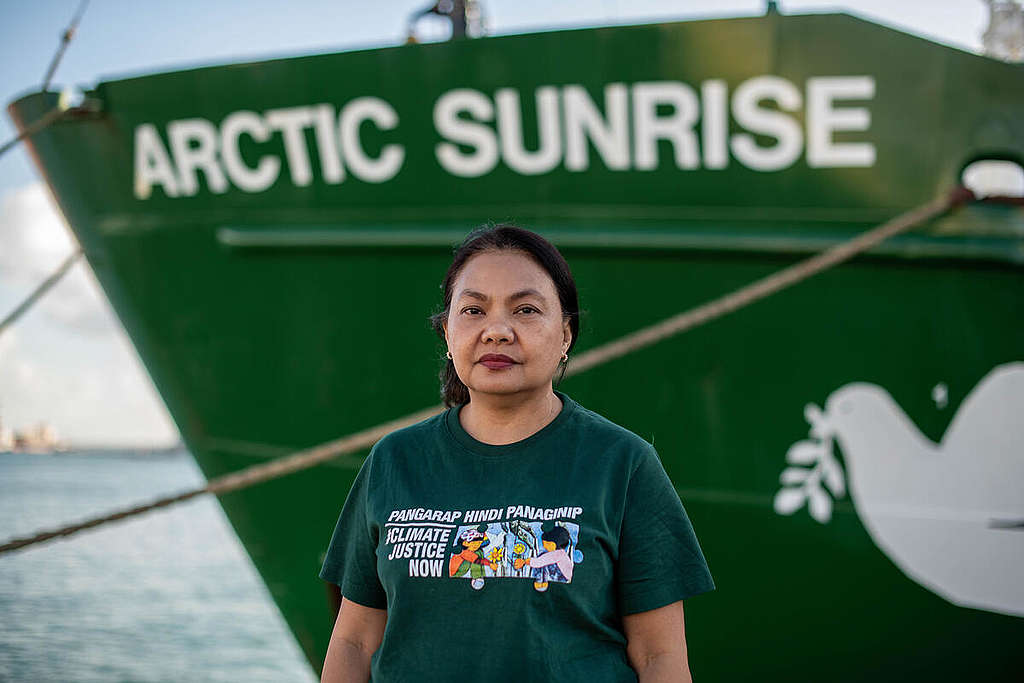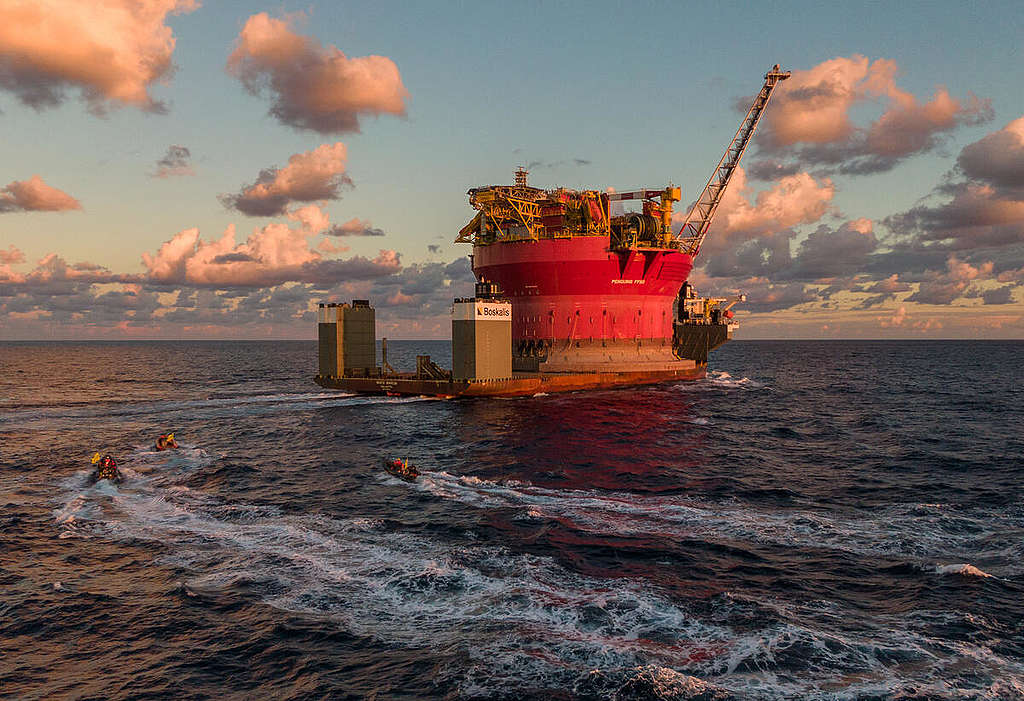
I live in San Mateo in the Philippines, an area battered by typhoon Ketsana - one of the worst natural disasters ever seen in my country. The massive rains and flooding claimed 464 lives and affected more than 900,000 families, including mine. This is our story.
It was in 2009. Two years before that, my husband and I got a house. After renting for several years, owning a home was a dream come true. For two years, we tightened our belts to save enough money to furnish our new home: a stove, a refrigerator, a TV, a washing machine, and a couch. I remember the joy we shared each time we were able to buy those items - we'd beam with pride as we brought them home.
Then came Ketsana. Trapped in our tiny attic, we watched the muddy water rising through our home. I felt the rain wouldn't stop; my husband had to break our roof to give us a potential escape route. Luckily the water stopped rising before we needed to use it.
"Trapped in our tiny attic, we watched the muddy water rising through our home. I felt the rain wouldn't stop; my husband had to break our roof to give us a potential escape route."
When the skies finally cleared, everything we worked for was destroyed. Dirty water soaked into the walls, appliances ruined, and mud everywhere - it was complete disarray.
Something changed in me that night. Up to this day, something is triggered every time there is news of a typhoon or even just heavy rains. A feeling that can only be explained by those who experienced the same ordeal. Despite all this, I still consider myself lucky. I have friends who totally lost their properties and worse, their loved ones.

A new beginning
As I opened our door after the typhoon, the first item that I saw lying on the pavement was a small Santo Niño, an image of baby Jesus. I am not a very religious person, but for me, this was a symbol of a new beginning - a beginning that required more from me.
I started doing personal things that could save the environment. I thought it was the best thing: doing my part by reusing, recycling, bringing my own water bottle, etc.
But as I learned about the scale of the crisis, I soon realised that the change we need is much bigger. People in the Philippines suffer the most despite its little contribution to climate change and that is an immense injustice.
"But as I learned about the scale of the crisis, I soon realised that the change we need is much bigger. People in the Philippines suffer the most despite its little contribution to climate change and that is an immense injustice."
I started a job as a climate campaigner with Greenpeace in the Philippines, working with climate-impacted communities. As we joined them on our fieldwork, I saw their struggles first-hand: farmers losing their crops, fishermen with a smaller and smaller catch, factory workers getting cuts in their salaries for not being able to report for work, and drivers losing income because of unbearable heat. The list could go on.
We organised a petition asking the Philippine Human Rights Commission to investigate the responsibility of the big fossil fuel companies for the human rights harm caused by climate change.
The commission found that these companies are morally and legally liable for climate damage because they have deliberately confused the public about climate science and blocked the transition to clean energy.

Fossil fuel companies knowingly fuelled climate breakdown
I've come a long way since that terrible night in 2009, but I'll never forget that fossil fuel companies knowingly fuelled the climate breakdown that destroyed my home. So now I'm thousands of miles from San Mateo, working to make sure Shell and the entire fossil fuel industry are held accountable for their actions.
Climate change is already costing billions of dollars worldwide, even before you account for the lasting trauma and fear that comes with every climate disaster. And right now, the people least responsible are paying the heaviest price.
So our message to Shell is simple: stop drilling, and start paying.
Virginia is part of the crew on board the Greenpeace International ship Arctic Sunrise, taking action to block Shell as it heads for a major oil and gas field. Learn more about the action here.






